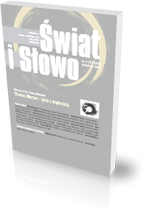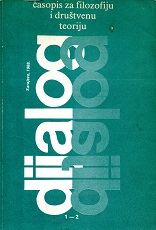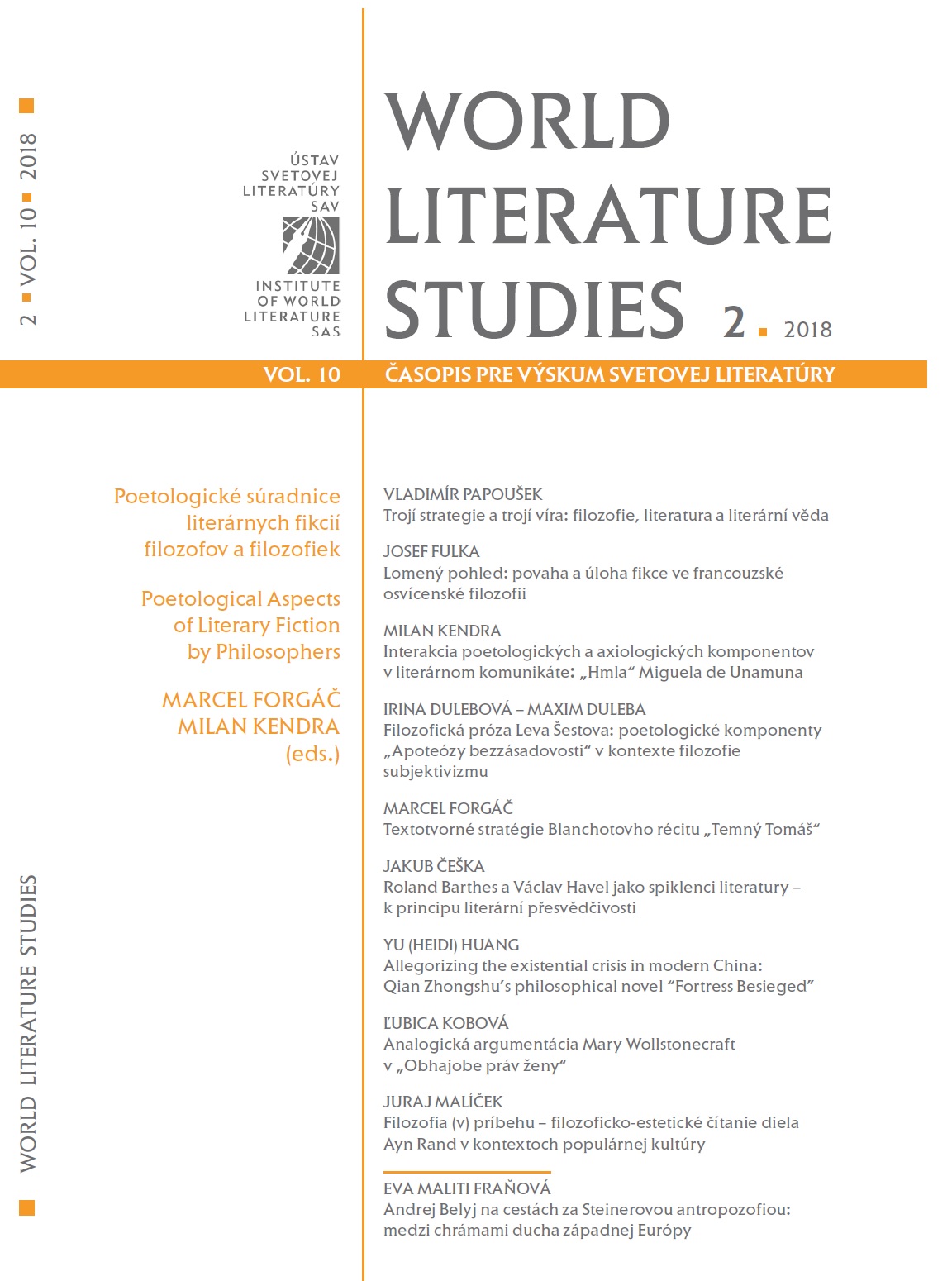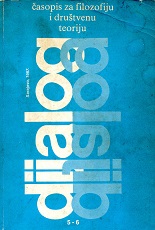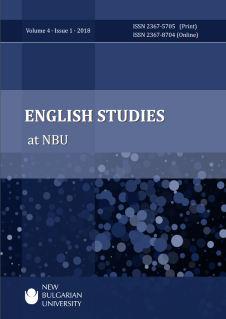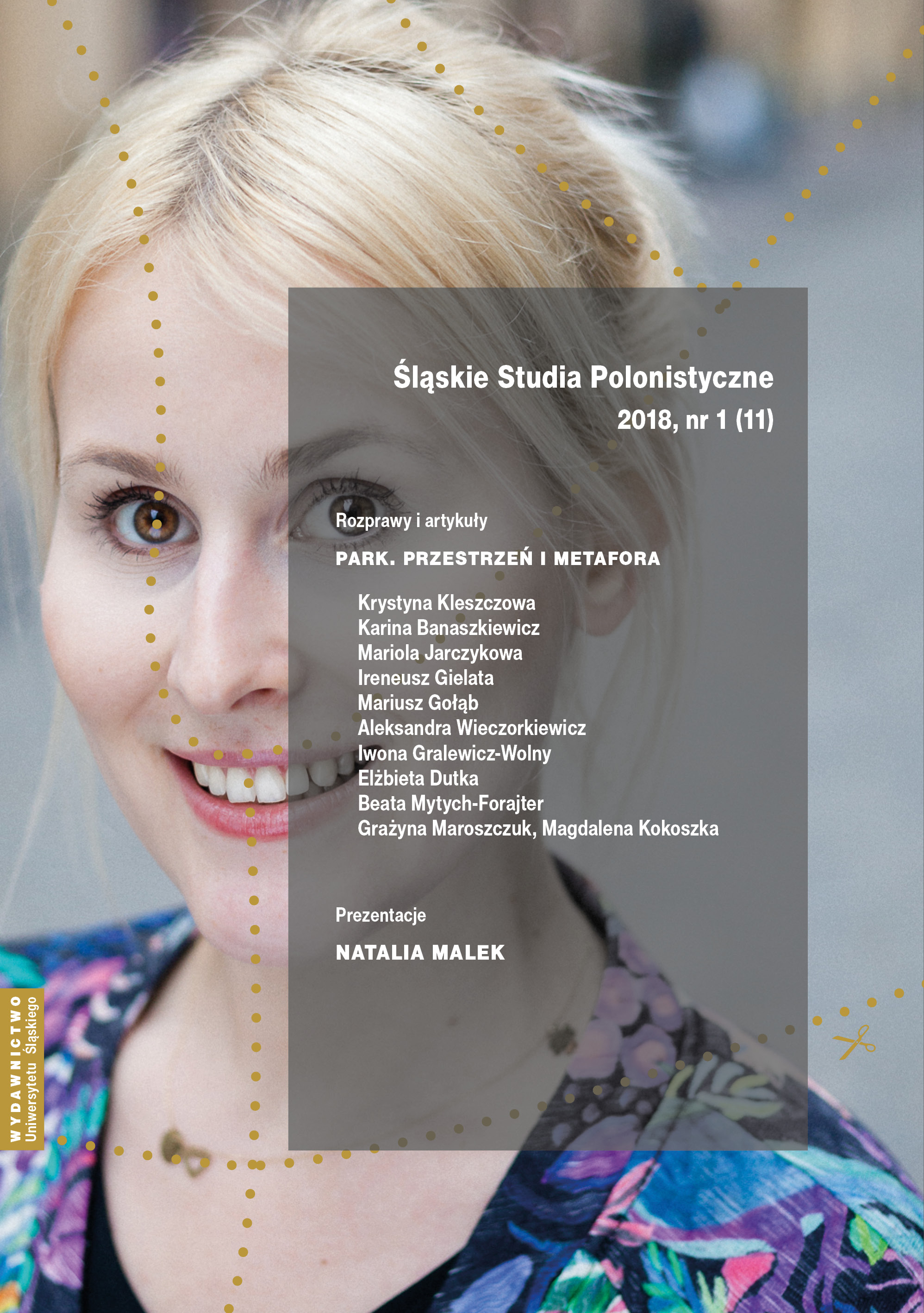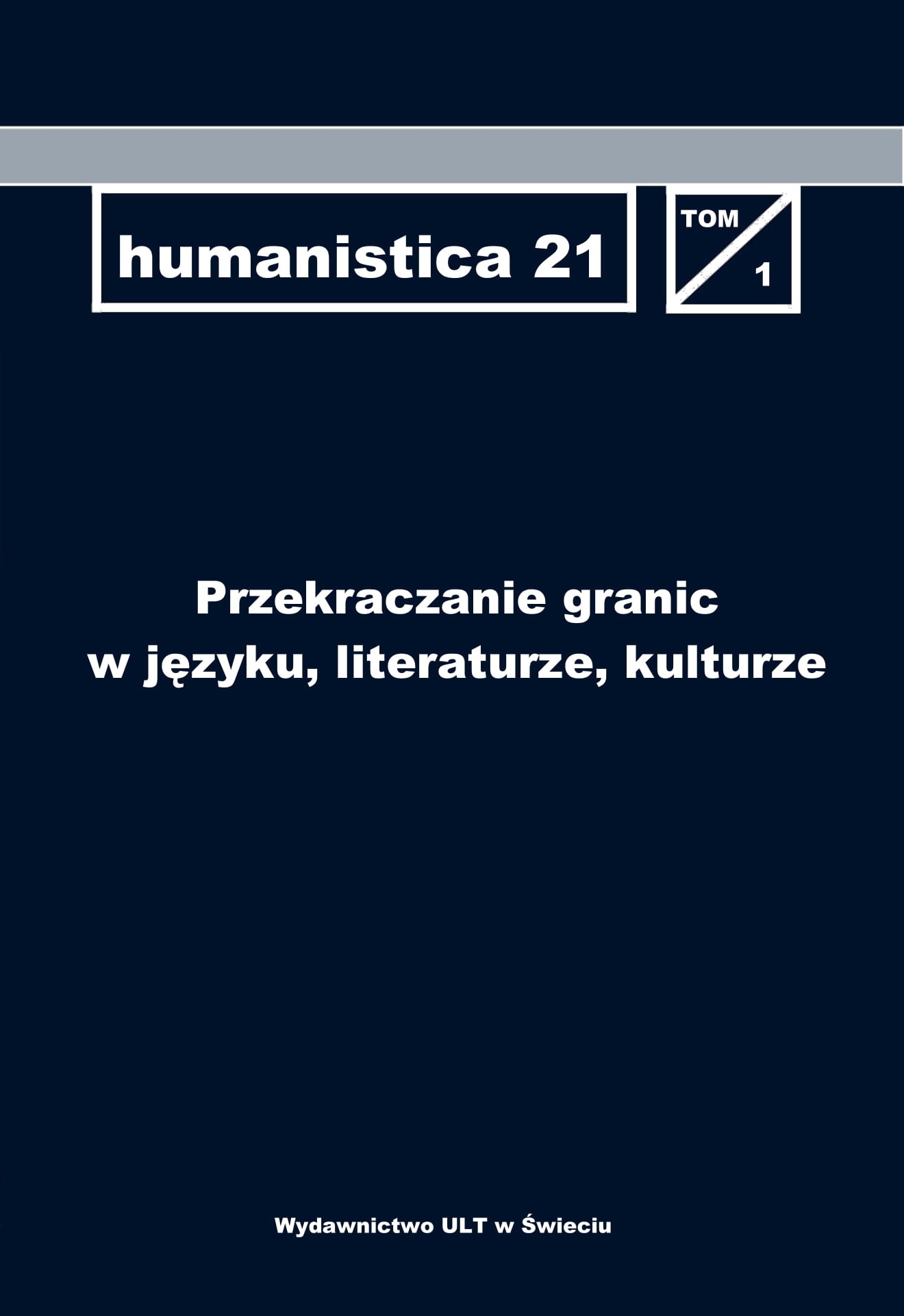
Пограничье как понятийная категория
The article “Border Zone as a Conceptual Category” is devoted to the word пограничье which has actively functioned in texts of different fields of knowledge and different methodological perspectives within the past twenty five years. The author claims that its full resonance is no treflected in dictionaries of Russian language and gives a short overview of the word пограничье in order to point out that it is a conceptual wide ranging and multifarious category functioning in the context of contemporary political, social and cultural processes characteristic not only for Russia
More...
